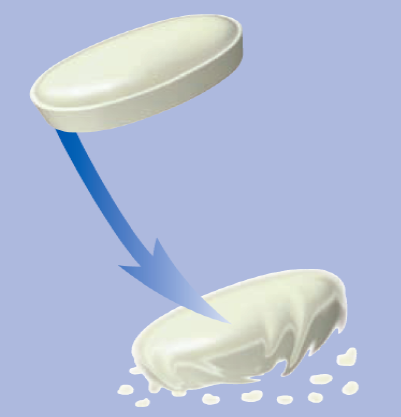Magnesium Deficiency
Every organ in your body needs magnesium so that many normal body processes work the way that they are supposed to work. When your body doesn’t have enough magnesium, problems start to happen.
What if there is a little tweak to your diet that helps you feel a whole lot better? For many it can be as easy as increasing the amount of magnesium your body absorbs every day.

80% of Americans don’t get enough magnesium.
Why do so many people have a magnesium deficiency today? How can you tell if you have low magnesium?
If you suffer from any of the following, it might be magnesium that you are lacking.
Low Magnesium
- low back aches
- muscle cramps
- stiff, weak or tight muscles
- trouble sleeping
- anxiety and/or irritability
- high or low blood pressure
This isn’t a complete list of symptoms but it is probably the most common. On the other side of symptoms, let’s look at how your life can change with some health benefits when you do have enough magnesium.
Magnesium Benefits
- helps with normal muscle and nerve function
- promotes muscle relaxation
- cardiovascular health and steady heart rate
- helps retain normal blood pressure and blood sugar
- relief from PMS symptoms including weight gain, breast tenderness and bloating
- strengthens bones and supports bone metabolism
- supports a healthy immune system
That’s a whole lot of benefits from one nutrient right? So then the question becomes:
How hard is it to get enough magnesium in your diet?
Magnesium is stripped from your food when it is processed, and there’s A LOT of processed food available today. This is a big reason why 80% of Americans do not get enough magnesium from their food, but there are many other factors. Softening water also decreases the magnesium we get naturally. If you take antacids or other meds for indigestion your body may not be able to absorb enough magnesium. Also diseases like alcoholism, kidney disease, chronic diarrhea and arteriosclerosis can affect your magnesium levels. Certain antibiotics, diuretics, insulin, hormone replacement therapy and birth-control pills all can cause a deficiency as well because they either upset or alter normal body processes and interfere with your body absorbing the magnesium.
There are common reasons why most people don’t get as much magnesium as they should from their diet. Since foods rich in magnesium include whole grains, nuts, and green vegetables, if you current diet excludes these kinds of foods then you may be struggling to get the amount of magnesium your body needs. Green leafy vegetables may be the best sources of magnesium, and many people don’t eat them every day.
Here are specific greens and some other foods that are good sources of magnesium.
- spinach
- broccoli
- swiss chard
- brussel sprouts
- turnip greens
- kale
- beet greens
- bok choy
- collard greens
- romaine lettuce
- avacados
- seeds and nuts
- fatty fish
- squash
- some herbs and spices
- some fruits and berries
What’s important is that you eat these foods every day to keep adequate levels of magnesium in your body. If you don’t eat any of these foods, or don’t eat enough of them, and you still have low magnesium, you can read more at this link to an article on magnesium deficiency and may want to consider taking a food-based, sustained-release magnesium supplement (sustained release formulas get absorbed better).
Please join our Anti-Aging By Design list to stay connected. Just put your name and email in the box at the top of the column on the right.



